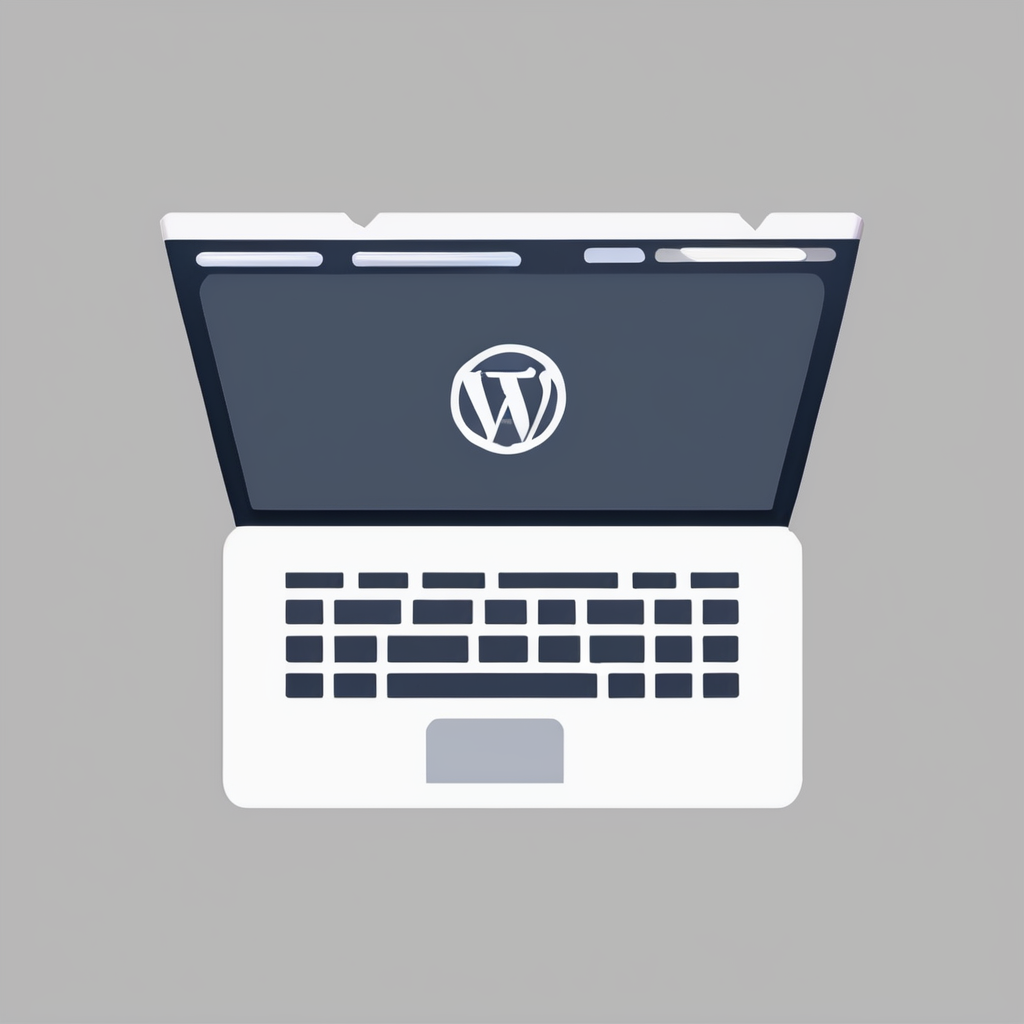UK Policy, Regulation, and Investment in the Internet of Things
The UK IoT policy framework reflects a strategic push to accelerate Internet of Things innovation nationally. Central government initiatives prioritize funding for IoT research and infrastructure, recognizing its potential to transform industries from healthcare to manufacturing. This government IoT investment is structured to boost technological development while ensuring broad adoption across sectors.
Key IoT regulations UK focus on data security and interoperability standards, addressing privacy concerns inherent to connected devices. These legislative efforts include compliance mandates for device manufacturers and service providers to safeguard consumer data, which is crucial for maintaining public trust and encouraging market growth.
This might interest you : How Can AI Transform the Future of UK High-Tech Industries?
Public-private partnerships play a pivotal role in this ecosystem, bridging government objectives with commercial expertise. These collaborations facilitate the sharing of resources and knowledge, creating fertile ground for pilot projects and scalable IoT solutions. Examples include joint ventures between tech companies and local authorities to deploy smart city technologies.
Together, these strategies ensure the UK remains competitive in the IoT arena, combining robust policy, targeted investment, and regulatory frameworks designed to foster innovation while managing risks effectively.
Also read : How Does Quantum Computing Revolutionize the Future of Technology?
Leading UK IoT Projects and Startups
The UK IoT projects landscape is rich with innovation, positioning the country at the forefront of the Internet of Things advancements. One of the most compelling UK IoT projects focuses on smart city infrastructure, where connected sensors optimize traffic flow and energy consumption. These initiatives demonstrate how IoT technology enhances urban living, making cities more efficient and sustainable.
In the realm of IoT startups UK, several companies stand out for their groundbreaking solutions. These startups often target sectors such as healthcare, manufacturing, and agriculture—areas that benefit from real-time data collection and automation. Their contributions include developing wearable health monitors and smart environmental sensors that provide precise, actionable insights.
Examining IoT innovation case studies from the UK reveals patterns of success driven by collaboration between startups, academia, and industry. The ability to scale pilot projects into full deployments showcases strong business models and cutting-edge technology. This dynamic environment ensures the UK remains a hub for IoT breakthroughs, continuously influencing global trends in connected devices and data-driven solutions.
Collaboration and Research Initiatives
Collaboration in UK IoT efforts bridges academia, industry, and government, fostering innovation and knowledge exchange. These partnerships leverage diverse expertise, accelerating IoT research UK and enabling scalable solutions. Many projects focus on real-world applications, combining academic insights with industrial resources and governmental support.
The UK actively participates in international IoT partnerships, including cross-border research and development programmes. These collaborations provide access to broader datasets, cutting-edge technologies, and funding streams. Such involvement enhances the UK’s standing within global IoT ecosystems and facilitates technology transfer.
Research hubs and innovation clusters are central to the UK’s IoT growth. Centres of excellence unite startups, established companies, and universities under one roof, promoting continuous R&D advancements. These hubs also serve as testbeds for new devices and platforms, driving commercialisation and adoption.
By fostering collaboration within the UK and internationally, these initiatives effectively address technical challenges and societal needs. Together, they form a dynamic environment where ideas evolve rapidly, positioning the UK as a leader in IoT research UK and shaping the future of connected technologies.
Future Innovations, Challenges, and the UK’s IoT Vision
Looking ahead, IoT innovation in the UK is poised to transform industries with breakthroughs in edge computing, AI-driven analytics, and 5G connectivity. These technologies will enable more responsive, efficient, and intelligent IoT ecosystems. For example, smart cities will use advanced sensors combined with real-time data processing to optimize traffic flows and energy consumption, improving sustainability and quality of life.
However, the future of IoT in the UK faces significant challenges. Cybersecurity remains a critical concern, as increasing device interconnectivity broadens attack surfaces vulnerable to breaches. Ensuring robust protection at every layer is essential. Scalability also poses hurdles; IoT networks must handle exponential device growth without compromising performance. Additionally, establishing universal standards is crucial to enable seamless interoperability among devices from different manufacturers.
The UK government has acknowledged these issues and outlined a comprehensive vision for the IoT landscape, emphasizing innovation support, regulatory frameworks, and investment in skills development. This strategic approach aims to position the UK as a global leader in IoT technology, fostering collaboration between academia, industry, and policymakers. By addressing challenges proactively, the UK is preparing for an IoT future that balances technological advancement with security and practical usability.








